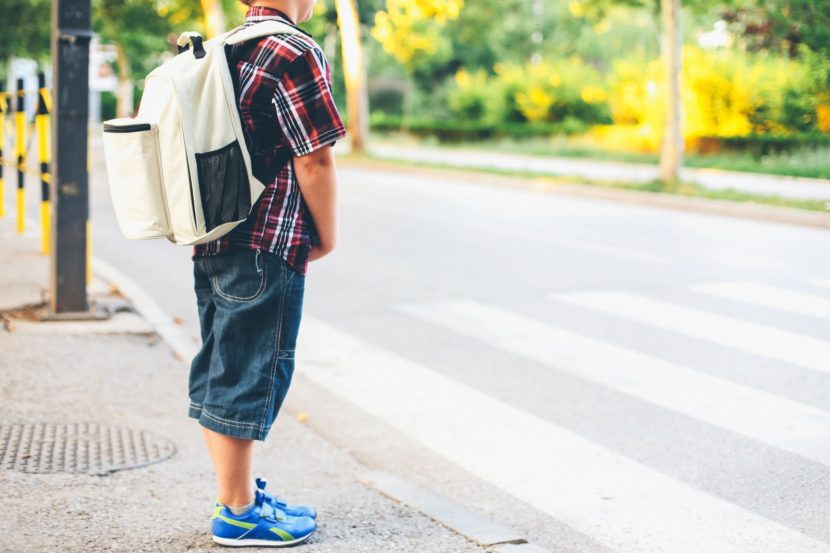As parents, it breaks our heart when our child is the one who is not invited to birthday parties, has no one to invite for sleep-overs or no friends to play with at recess.
Some children have skill deficits in the area of friendship-building. It may be due to a learning or developmental disability, or they are “shy”,(another post on that topic for a future date).
Most children learn social skills and in particular friendship skills by watching and imitating others. They get a positive reward (someone to play with), when they walk up to someone and say, “Hey, wanna go to the climbers?” Other children are hesitant to do this – might be a bit of not knowing what to say, a bit of anxiety around approaching someone they don’t know, or a fear of rejection. “What if they say NO!?”
As parents we can help them with this by role-playing and creating safe environments for them to practice. If they have siblings, let them in on the “fun” of role-playing. Create scenarios that might happen at school – Asking to sit with someone at lunch, joining in a game of tag at recess, picking someone to be a partner for a school project. Ask your child to listen to how other children ask…sometimes it is more along the lines of “Sit with me at lunch?” or just simply “Wanna play?”. It is important to practice rejection and have them understand it is not the end of the world. Reply to a “no”, with “OK, maybe tomorrow then,” with a smile on their face as they head off to ask someone else.
Some kids have difficulty coming up with conversation starters. You can practice this with a tennis ball (or other object) at home. Whoever has the ball is the “talker” and the other person is the “listener” It starts off by telling someone something they did, heard or watched. They then pass the ball to the other person with the question, “And what about you…what did you do on the weekend?” This person will say something else, then ask a question of the first person based on their train of conversation, while passing the ball and again it starts.
Arrange play dates, enroll your child in after school activities where they have an opportunity to interact with other children. You can’t teach social skills in isolation and they need to be able to try out in real life what they are practicing at home. Afterwards, ask them what worked and how it felt. If they had to respond to a “no”. what did they say and do next? Model friendship skills at home by teaching them how to give and respond to a compliment by doing so yourself. Teach them to smile as a welcoming gesture to other children so they appear friendly. Cultivate friendships by getting to know their new friends parents.
Your child not having friends means they need to be aware of how they are treating others as well. Are they aggressive players? Do they “bend” the rules of a game? Do they always want to get their own way? Encourage them to give compliments to others and to play fair. Everyone wants to be around someone who makes them feel good.
Next Post: My Kid Won’t Go To Bed!

